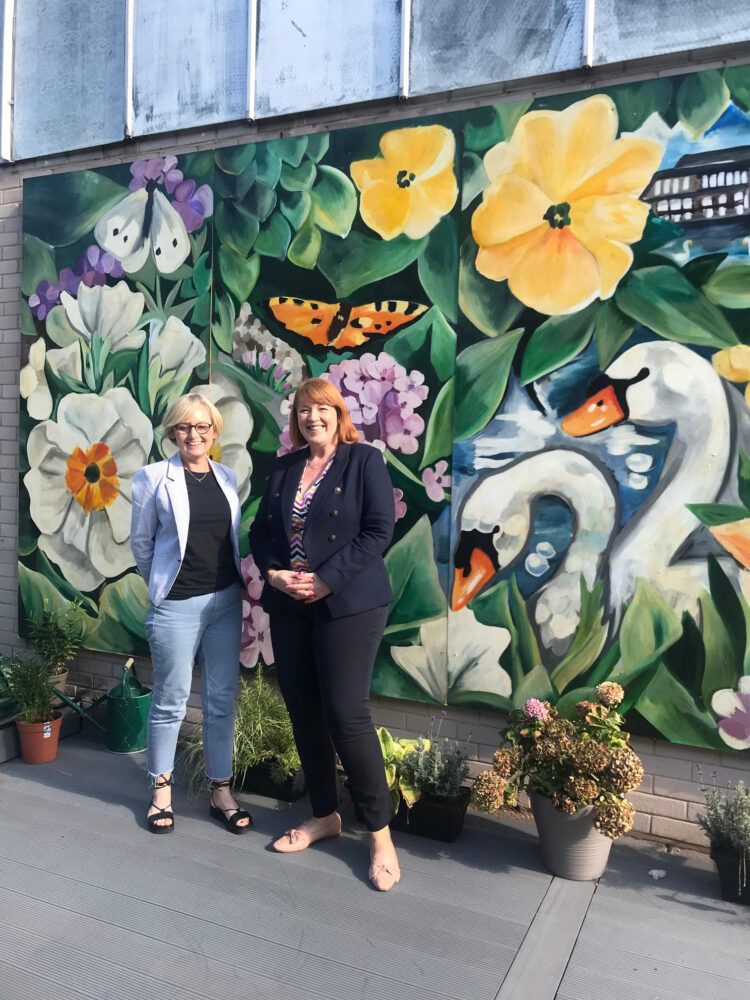From new clothes to pet food, we’re buying more online. As a result, we’re more reliant than ever on the parcel market to deliver the goods we need, with over 80% of the UK population making online purchases this year. But with online shopping now accounting for such a significant proportion of our spending, can we rely on the parcel market both to deliver and to protect people when things go wrong?
People with a parcel problem can access our online advice and contact our consumer service for more support. When we look at our data on this, we’ve found things have been getting worse, with people experiencing more problems now than they did pre-pandemic. If your parcel goes missing, it can be hard for people to resolve — it’s not always clear whether to contact the retailer or the courier. Customers often find themselves left out of pocket with nowhere to go.
Ofcom has recognised certain issues in the parcels market — particularly around poor complaints handling and a lack of provision for consumers with accessibility needs — and has taken some welcome steps to address these. But our evidence suggests current action doesn’t go far enough.
Parcel companies have had years to get their act together but the parcel market has shown no signs of improvement
Over the past 4 years, more people have come to us for help with parcel delivery issues. During lockdown, parcel companies struggled to cope with staff shortages and a huge increase in sales. As a result, the rate of problems also went up. Yet, worryingly, delivery problems have continued to grow even post-pandemic. In 2021, we saw 68,567 views of our advice on compensation for lost, damaged, or delayed parcels, which rose to 73,360 views in 2022. Despite an overall decrease in parcel volumes in 2022, delivery issues remain high, with a 78% increase since 2019 in demand for help with orders not delivered.
Widespread parcel problems persist throughout the country
Parcel problems have increased across the UK — in both rural and urban areas. From 2019 to 2022, there’s been an average rise of 70% in parcel issues. The East of England has seen the highest increase, with an approximate 81% increase since before the pandemic. People should be able to depend on parcel companies to get important things they need, but with problems on the rise this is becoming less and less likely.
As the cost-of-living crisis continues, people can’t afford to fix these growing parcel problems
Parcel companies need to do more to support those who are struggling with increasing costs. When a parcel goes missing, it can be expensive for people to resolve. And if the parcel company claims the package has been delivered, customers can simply be left out of pocket, sometimes leaving people having paid significant sums for products they haven’t received.
Gemma* came to her local Citizens Advice for help after she’d ordered summer clothes online for her children. When her parcel never arrived, she contacted the retailer. They told her the parcel company had marked it as delivered. When she went back to say this was not the case she received no response. By the time she came for help, she had been waiting for over two weeks for the retailer to get back to her and was worried that she would be unable to get a refund to allow her to replace the clothes she had lost.
*Name changed to preserve anonymity
As the cost-of-living crisis continues, we’re seeing more and more people who are living on empty. For many, a parcel delivery problem like Gemma’s can mean the difference between being able to just about balance a monthly budget and falling behind.
Why Ofcom needs to move faster
Our data shows that year on year, parcel delivery is continuing to cause more problems for consumers. This is continuing despite overall parcel volumes having fallen in the last year, suggesting the issue goes deeper than general growth in the parcels market. Last year our parcel league table revealed that consumers continue to be placed at the sharp end of problems in the parcels market and our internal data suggests these trends have not changed. The regulator, Ofcom, needs to step up.
Ofcom’s approach to these problems assumes that competition in the parcel market will encourage companies to innovate. However, as retailers tend to hold contracts with the parcel company, the space for consumers to avoid poor-performing carriers is limited.
Ofcom has begun to acknowledge the problems, with new guidance for parcel companies around complaints and accessibility.
We’re concerned this doesn’t go far enough
Consumers should be able to expect good service — and with the rate of problems only increasing, Ofcom needs to take further action. We want to see consumer protection conditions — which outline a set of conditions that should be met to ensure positive outcomes for consumers — apply equally to all parcel companies. We also want to see timely interventions and enforcement actions to hold companies accountable when they consistently underperform.
Without further action, the unacceptably rapid growth in problems looks set to continue, at a time many consumers can’t afford to resolve them.
Editor’s Note.
This blog is reproduced by kind permission of Naomi Kalombo from Citizens Advice.

